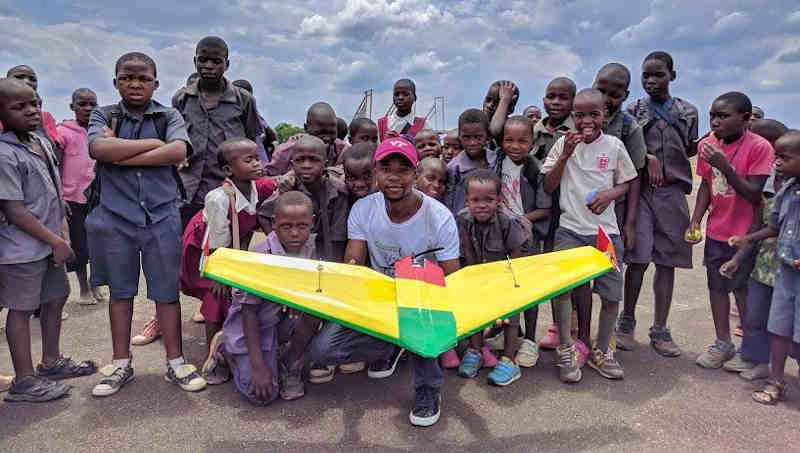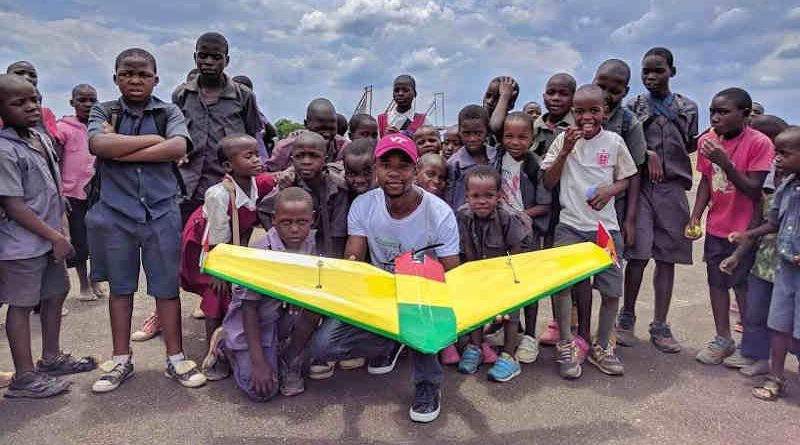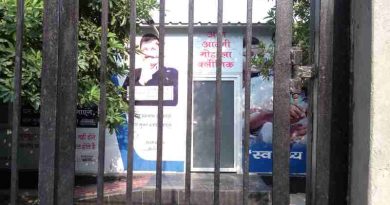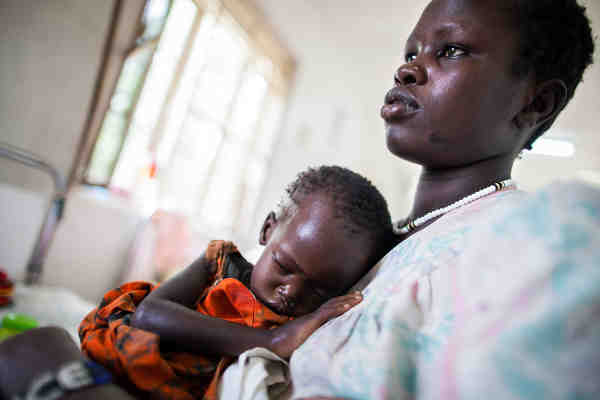How Drones Improve Service Delivery for Children

UNICEF through the Civil Aviation Authority (CAA) launched the air corridor to test potential humanitarian use of unmanned aerial vehicles (UAVs), also known as drones. The corridor is the first in Africa and one of the first globally. Drones have been used to test the feasibility of transporting laboratory samples for early infant HIV diagnosis, emergency medical supply delivery and vaccines. Photo: UNICEF
The first African Drone and Data Academy (ADDA) has opened in Lilongwe, Malawi, according to UNICEF. The move is part of efforts to promote the use of drones in programs and services that will impact the lives of children and young people.
“Humanitarian and development programme delivery in Africa and beyond can benefit significantly from the application of drone technology,” said UNICEF Executive Director Henrietta Fore. “The African Drone and Data Academy will be instrumental in equipping young people with the skills they need to use the technology to benefit children and their communities.”
Building on the work of Africa’s first humanitarian corridor launched in Malawi in 2017, the academy will develop expertise in the use of drones for humanitarian, development, and commercial purposes across the continent through a 12-week course.
It plans to train approximately 150 students to build and pilot drones by 2021. Funding from UNICEF’s partners will provide free tuition to the first cohort of 26 students from across Africa.
“In Malawi we strongly believe that adopting modern technologies such as drones and advanced data analysis and management techniques will help us to serve our children better. We are proud to partner with UNICEF in such an exciting endeavor,” said James Chakwera, Director of Malawi’s Department of Civil Aviation.
The curriculum has been developed in partnership with Virginia Polytechnic Institute and State University (Virginia Tech) – following its successful delivery of training workshops in Malawi since 2017. The course will combine theoretical and practical methodologies in making, testing, and flying drones.
By 2022, the academy will run a tuition-free two-year master’s degree program in drone technology, in conjunction with Malawi University of Science and Technology (MUST). It will also deliver a curriculum that will build local capacity and a favorable ecosystem for the emergence of sustainable business models for using drones for humanitarian and development missions.





